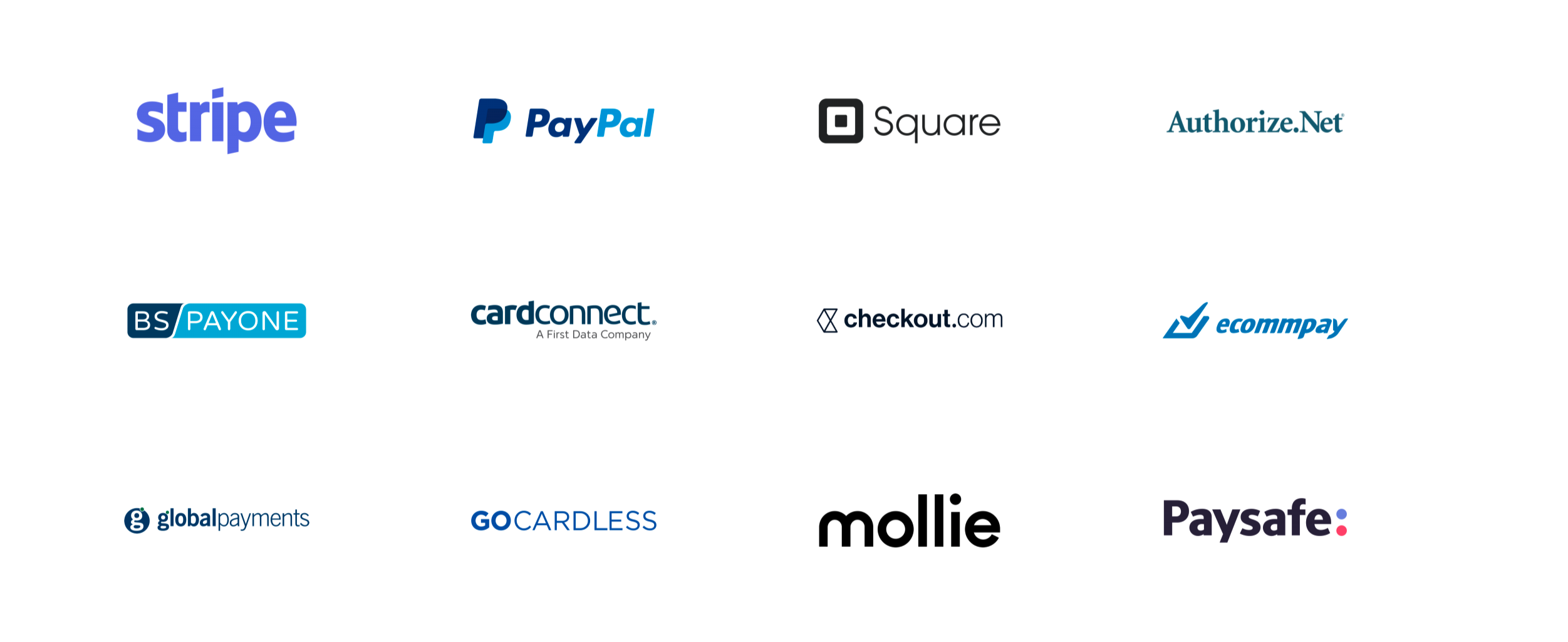
Ditching Spreedly? Here Are 5 Better Alternatives for Your Business
Spreedly is a popular payment gateway that allows businesses to securely store and process credit card information. It is known for its flexibility and ease of use, making it a popular choice for many businesses. However, Spreedly does have its limitations. One of the main drawbacks of Spreedly is its lack of support for certain payment methods, such as digital wallets and alternative payment options. This can be a major issue for businesses that want to offer their customers a wide range of payment options. Additionally, some users have reported issues with Spreedly’s customer support, citing long wait times and unhelpful responses. These limitations have led many businesses to look for alternative payment gateway solutions that offer more features and better support.
Key Takeaways
- Spreedly has limitations such as lack of direct payment processing and limited payment gateway options
- Factors to consider when looking for a Spreedly alternative include payment gateway options, flexibility, global expansion, and advanced features
- Stripe is a robust payment gateway alternative with a wide range of features and global reach
- Braintree offers a flexible payment processing solution with advanced features and support for various payment methods
- Adyen is a global payment platform suitable for expanding businesses with its wide range of payment methods and global reach
- Authorize.Net is a reliable payment gateway with advanced features such as fraud detection and recurring billing
- When choosing the best Spreedly alternative, consider factors such as your business needs, global expansion plans, and desired payment features
Factors to consider when looking for a Spreedly alternative
When searching for a Spreedly alternative, there are several factors to consider. First and foremost, it’s important to look for a payment gateway that supports a wide range of payment methods, including digital wallets, alternative payment options, and international currencies. This will ensure that your business can cater to a diverse customer base and provide a seamless payment experience. Additionally, it’s important to consider the fees associated with each payment gateway, as well as any additional features or integrations that may be beneficial for your business. Finally, it’s crucial to consider the level of customer support offered by each payment gateway, as responsive and helpful support can make a big difference in the event of any issues or technical difficulties.
Shuttle: A payments platform built for software vendors
Everything you need to deliver payment features to your merchants. Shuttle is working with leading SaaS vendors in invoicing, booking, shopping cart and telephony services. Shuttle is used by small booking platforms and large enterprises like Twilio to enable payment features for all types of merchants. Shuttle has many payment methods and components available to software vendors and their merchants. Shuttle partners with payment service providers and offers a revenue share back to software vendors. This is why Shuttle is the best option for software vendors compared to Spreedly or many of the other payment orchestration solutions.
Stripe: A robust payment gateway alternative
Stripe is a popular payment gateway that offers a wide range of features and integrations, making it a great alternative to Spreedly. One of the main advantages of Stripe is its support for a wide range of payment methods, including digital wallets like Apple Pay and Google Pay, as well as alternative payment options like ACH and SEPThis makes it an ideal choice for businesses looking to offer their customers a variety of payment options. Additionally, Stripe offers competitive pricing with transparent fees and no setup or monthly fees. It also provides advanced features such as subscription billing, invoicing, and customizable reporting, making it a comprehensive solution for businesses of all sizes. Furthermore, Stripe is known for its excellent customer support, with 24/7 phone and email support available to assist with any issues or questions.
Another alternative to Spreedly is Braintree, a flexible payment processing solution that offers a wide range of features and integrations. Braintree is known for its ease of use and seamless integration with popular e-commerce platforms like Shopify and WooCommerce. One of the main advantages of Braintree is its support for a wide range of payment methods, including digital wallets, credit and debit cards, and alternative payment options like PayPal and Venmo. This makes it an ideal choice for businesses looking to offer their customers a variety of payment options. Additionally, Braintree offers competitive pricing with no setup fees and transparent transaction fees. It also provides advanced features such as recurring billing, fraud protection, and customizable reporting, making it a comprehensive solution for businesses of all sizes. Furthermore, Braintree offers responsive customer support with phone and email assistance available to help with any issues or questions.
Adyen: A global payment platform for expanding businesses
| Category | Value |
|---|---|
| Revenue | 1,000,000 |
| Profit | 500,000 |
| Expenses | 500,000 |
Adyen is another alternative to Spreedly that offers a comprehensive payment platform for businesses looking to expand internationally. One of the main advantages of Adyen is its support for over 200 payment methods and 150 currencies, making it an ideal choice for businesses looking to reach customers around the world. Adyen also offers advanced features such as risk management, subscription billing, and real-time reporting, making it a comprehensive solution for businesses of all sizes. Additionally, Adyen provides competitive pricing with transparent fees and no setup or monthly fees. It also offers responsive customer support with 24/7 phone and email assistance available to help with any issues or questions.
Choosing the best Spreedly alternative for your business
In conclusion, there are several alternatives to Spreedly that offer more features and better support for businesses looking to expand their payment options. Stripe, Braintree, Adyen, and Authorize.Net are all robust payment gateway solutions that offer a wide range of features and integrations, making them ideal choices for businesses of all sizes. When choosing the best Spreedly alternative for your business, it’s important to consider factors such as supported payment methods, pricing, additional features, and customer support. By carefully evaluating these factors, you can find the best payment gateway solution that meets the unique needs of your business and provides a seamless payment experience for your customers.



